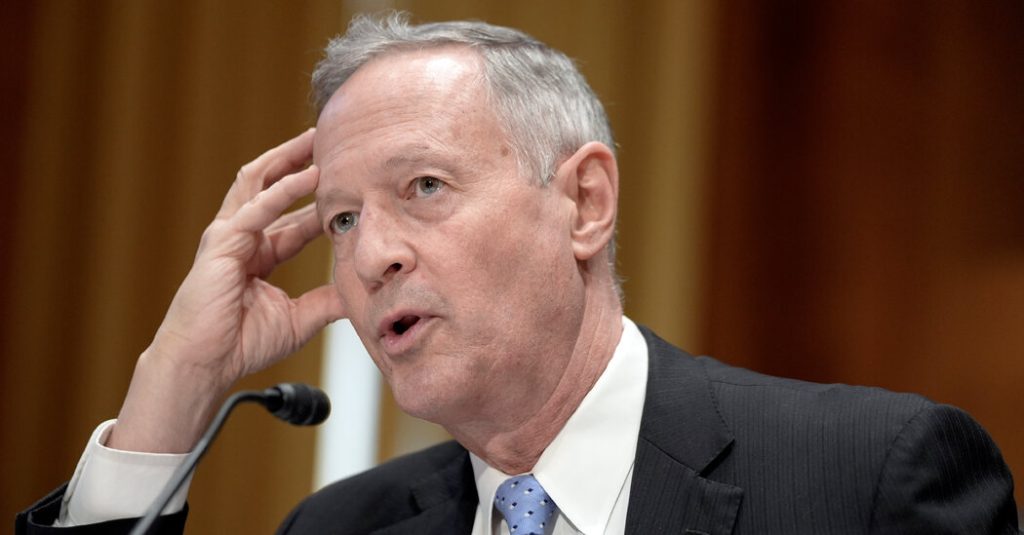The annual reports released by trustees of the old-age and retirement programs, Social Security and Medicare, showed that while the financial health of the programs improved this year due to a stronger economy, there are still long-term shortfalls that could result in reduced benefits. Social Security and disability insurance programs may not have enough money to pay all obligations by 2035, while Medicare might face challenges from 2036 onwards. President Biden has pledged to block cuts to these programs and has proposed higher taxes on the wealthy to shore up the programs. Former President Trump, on the other hand, suggested scaling back entitlement programs but later walked back those comments to protect these programs.
The revised outlook for Social Security and Medicare was seen as a result of President Biden’s economic agenda working effectively, as more people are contributing to Social Security thanks to wage growth and job creation. Treasury Secretary Janet Yellen and Social Security Commissioner Martin O’Malley have vowed to oppose any cuts to these programs. The reports indicated that the trust funds for both Social Security and Medicare will be depleted in the mid-2030s, but the availability of benefits may still be at around 83 percent. Medicare, specifically the Hospital Insurance Trust Fund, will face challenges beginning in 2036, unless financial changes are implemented.
The long-term financial health of Social Security and Medicare is a concern for budget experts, who warn that despite some improvements, more serious reforms are needed to strengthen the programs. The trustees have suggested that immediate actions such as raising Medicare taxes or reducing hospital benefits may be necessary to ensure the programs’ sustainability. However, bipartisan solutions and difficult choices are needed from lawmakers to preserve benefits without compromising the solvency of the programs. The Bipartisan Policy Center’s chief economist, Jason Fichtner, emphasized the need for politicians to take proactive measures rather than avoiding the issue.
AARP, the lobbying group representing retirees, has called on Congress to find bipartisan solutions to ensure the long-term sustainability of Social Security and Medicare. The CEO, Jo Ann Jenkins, highlighted the importance of protecting the hard-earned benefits of older Americans and holding leaders accountable for maintaining these programs. As the largest voting bloc in the nation, older adults are likely to monitor how lawmakers handle the future of Social Security and Medicare. The fate of these popular safety net programs remains a contentious political issue, especially with the upcoming presidential election and the contrasting views of candidates and policymakers on how to address the financial challenges facing Social Security and Medicare.


